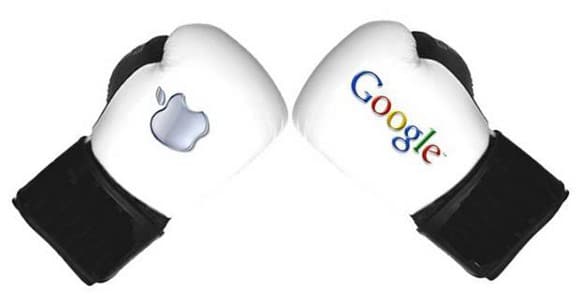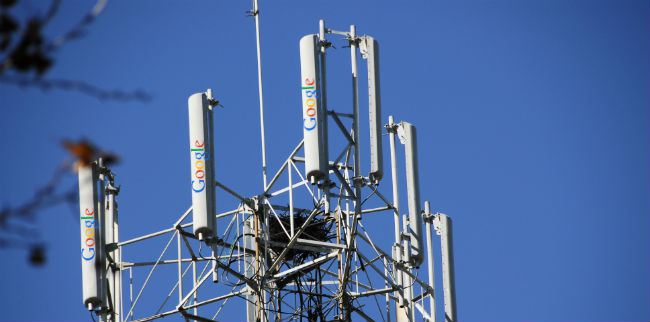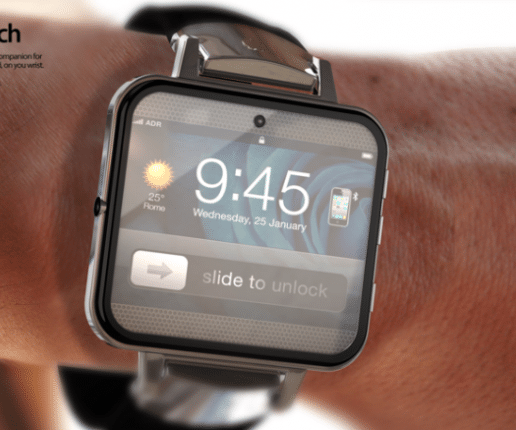Google is one tech giant that seems to have its hand in everything, but most people know the major brand as the king of search engines. Apple, however, could be shaking things up a bit.
Cult of Mac recently spotted a job ad online that made reference to an Apple service that the general public isn’t privy to just yet.
The job summary said this project manager would need to work on a “search platform supporting hundreds of millions of users” and would “play a part in revolutionizing how people use their computers and mobile devices.”
For many people, this news suggests that Apple is on the brink of releasing its own search engine that would go head-to-head with Google.
That could likely be a disastrous business move on Apple’s behalf since Google has made it clear that nobody is willing to walk away from the established search engine that millions have become familiar with in order to use a newer search engine.
Apple has been known to make well-calculated, strategic moves, and trying to dominate the search engine space just wouldn’t make sense for the reigning king of mobile devices.
What would make sense, however, would be to get its own iPhone, iPad and Mac users weaned off Google for good now that the company has been getting into the mobile device space itself.
As Engadget writer Aaron Souppouris explains, Apple has already been taking steps toward Google independence after it removed YouTube and Google Maps from its set of default iOS apps.
Having its own search engine on all Apple devices would definitely be another step toward Google independence and could possibly drag down Google’s market share.
When Mozilla removed Google as its default search provider, Google’s market share took a serious hit, according to StatCounter.
That move caused the number of Firefox users who use Google to drop from 82 percent to 64 percent.
There is no telling how many people would be weaned off Google if their Apple products worked on a default Apple search engine.
The only problem is, many Apple consumers aren’t too hopeful about the possible search engine thanks to constant frustrations with Siri and Apple Maps.
“I hope the people who are working on the apple search are not the same people who worked on apple maps because if they are there will be a lot of people getting really lost and won’t be seen again,” one Engadget reader wrote.
Other comments said Apple’s map application was “awful” and slammed Siri as “useless.”
Either way, it’s important to note that Apple has made no comments about the possible search engine and for now Apple Search is nothing more than an intriguing rumor.
If Apple Search isn’t already in the works, however, there is a chance that the rumors could give the tech giant a great new idea.
After all, the two tech giants are no strangers to competing with each other, especially now that they are both working to dominate the “smartwatch” business.





